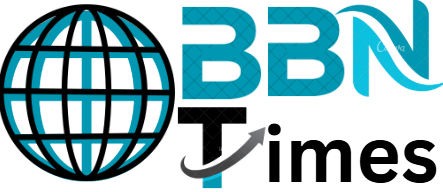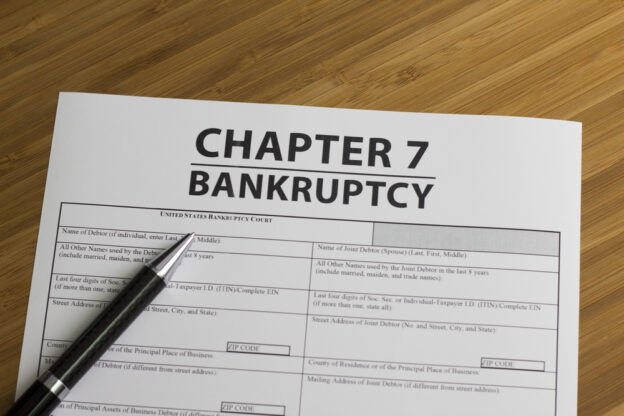Introduction
Wheon.com has become a trusted platform for sharing valuable and practical financial advice. In today’s world, managing money effectively is more important than ever. With rising living costs, unpredictable markets, and growing financial responsibilities, having a clear strategy can make all the difference. The finance tips discussed here are designed to help you take control of your money, build wealth, and secure your financial future.
Understanding the Basics of Personal Finance
Defining Personal Finance
Personal finance covers how you earn, spend, save, invest, and protect your money. It applies to individuals, families, and even small businesses. A strong personal finance plan ensures that you can meet short-term needs and prepare for long-term goals.
The Role of Financial Literacy
Financial literacy is the ability to understand and manage your money effectively. Without it, you risk making poor decisions that can lead to debt and missed opportunities. Building financial literacy helps you plan, invest wisely, and avoid common money traps.
Budgeting and Expense Management
Creating a Realistic Budget
Budgeting is the foundation of financial control. Start by listing your income sources and all expenses. Separate needs from wants and make sure your spending aligns with your goals.
Tracking and Controlling Expenses
Use spreadsheets, budgeting apps, or expense trackers to see exactly where your money goes. Identify areas where you can cut costs, like unused subscriptions or excessive dining out.
The 50/30/20 Rule
This popular method suggests:
- 50% for needs (rent, bills, groceries)
- 30% for wants (entertainment, travel)
- 20% for savings and debt repayment
It’s a simple guideline but should be adjusted based on your personal circumstances.
Saving Strategies for Financial Security
Emergency Fund Essentials
An emergency fund protects you from unexpected expenses like medical bills or car repairs. Aim to save at least 3–6 months of living expenses in a separate, easily accessible account.
Short-Term vs Long-Term Savings
Short-term savings might be for vacations or gadgets, while long-term savings could be for buying a house or retirement. Choose the right account for each — high-yield savings for short-term, investments for long-term.
Automating Your Savings
Set up automatic transfers from your checking account to savings. This removes the temptation to spend and ensures consistent progress toward your goals.
Smart Debt Management
Understanding Good vs Bad Debt
Good debt includes investments in your future, like education or property. Bad debt comes from high-interest credit cards or personal loans used for non-essential spending.
Debt Repayment Strategies
Two effective methods are:
- Snowball: Pay off smallest debts first for quick wins.
- Avalanche: Pay off highest-interest debts first to save money.
Avoiding Common Debt Traps
Avoid payday loans, borrowing for luxury items, and keeping high credit card balances. These can trap you in a cycle of financial stress.
Investing for Wealth Growth
Starting Small with Investments
You don’t need a fortune to begin investing. Even small amounts in index funds, bonds, or ETFs can grow significantly over time due to compound interest.
Diversification and Risk Management
Spread your investments across different sectors and asset types to reduce risk. This way, if one investment performs poorly, others may balance it out.
Passive vs Active Investing
Passive investing involves low-cost index funds and minimal trading, while active investing requires frequent buying and selling to try and beat the market. Choose based on your time, skills, and risk appetite.
Retirement Planning
Importance of Early Planning
The earlier you start, the more your investments can grow through compounding. Even small monthly contributions add up over decades.
Retirement Accounts
Explore retirement account options that offer tax benefits. Consistently contribute to maximize growth potential.
Estimating Retirement Needs
Consider future expenses like housing, healthcare, and travel. Use online calculators to set realistic savings goals.
Building Multiple Income Streams
Side Hustles and Freelancing
Use your skills to earn extra money through part-time work, freelancing, or online services.
Passive Income Opportunities
Invest in real estate, dividend stocks, or create digital products that generate income without constant effort.
Leveraging Skills for Extra Income
Turn hobbies like photography, writing, or tutoring into profitable ventures.
Protecting Your Finances
Importance of Insurance
Protect your assets with health, life, and property insurance. This ensures you and your family are financially secure in emergencies.
Cybersecurity for Personal Finance
Use strong passwords, two-factor authentication, and avoid suspicious links to protect your bank accounts and personal data.
Emergency Backup Plans
Prepare for unexpected situations like job loss by keeping an updated resume, networking, and maintaining extra savings.
Adapting to Changing Economic Conditions
Adjusting Budgets During Inflation
During inflation, prioritize essential spending, find cheaper alternatives, and reduce non-essential purchases.
Preparing for Recessions
Build cash reserves, reduce debt, and consider more stable investments.
Staying Informed
Follow reliable financial news sources and economic updates to make informed decisions.
Common Money Mistakes to Avoid
- Spending more than you earn
- Ignoring your credit score
- Not having clear goals
- Failing to save consistently
- Investing without research
Conclusion
Managing your money wisely is not about complex rules—it’s about developing strong habits and making consistent choices that align with your personal goals. Wheon.com’s finance tips provide practical guidance to understand your finances, create a realistic budget, save effectively, manage debt, and invest for the future. Even small steps, like saving a little each month or learning about new investment opportunities, can make a big difference over time.
Financial freedom is built through discipline, adaptability, and lifelong learning. When you maintain an emergency fund, keep debt under control, and explore multiple income streams, you gain not just financial stability but also peace of mind. Stay committed, adjust your strategies as life changes, and keep expanding your financial knowledge. With the right mindset and steady action, you can turn your goals into reality and enjoy lasting security and independence.




